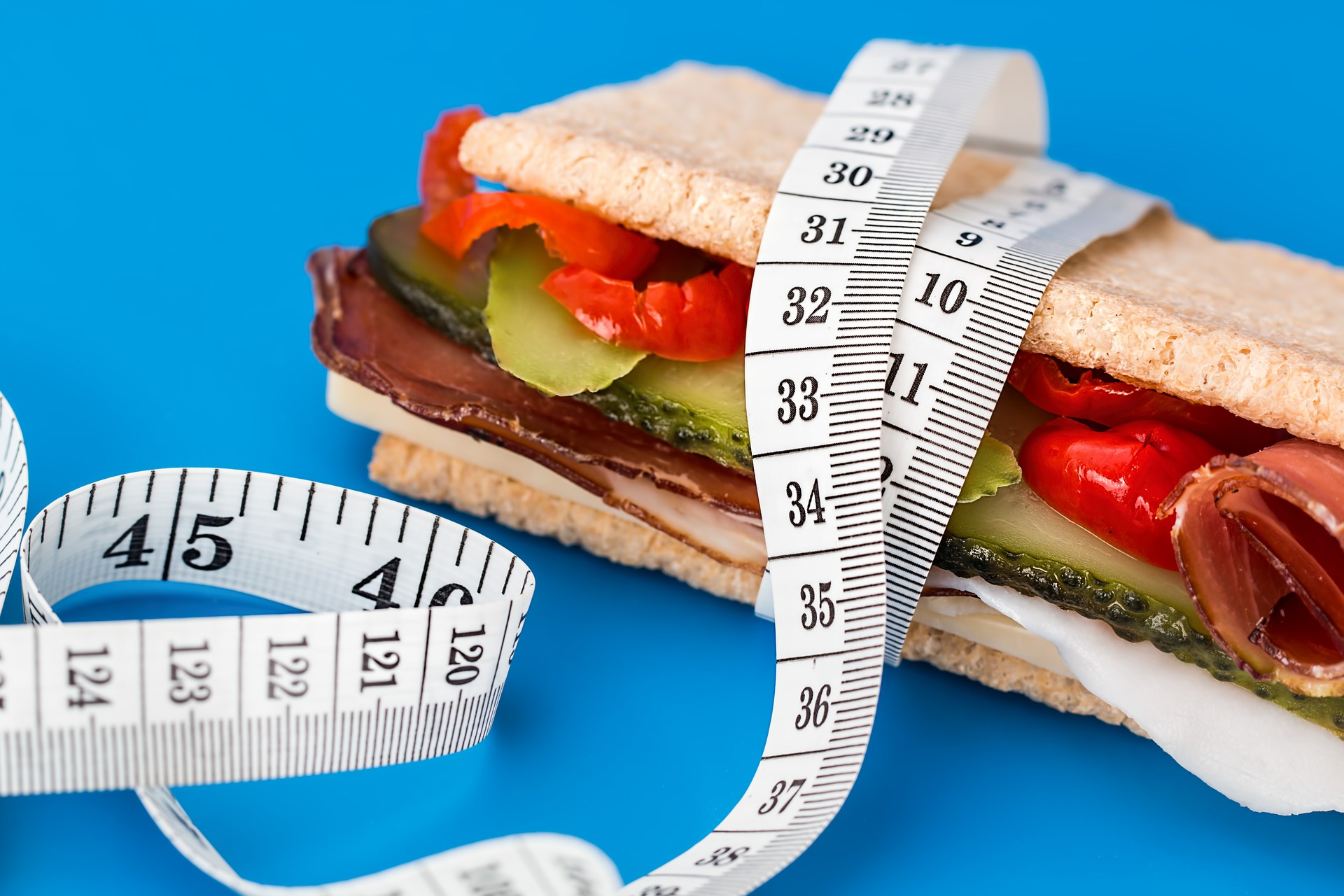Embarking on a journey to shed excess weight is a commitment that involves more than just hitting the gym. One often overlooked aspect is the crucial role that portion control plays in achieving sustainable weight loss. In this comprehensive guide, we’ll explore the art of mastering portion control, unveiling its significance in creating a balanced and effective approach to shedding those unwanted pounds.
Understanding the Basics
Before delving into the intricacies of portion control, let’s establish a foundational understanding of its importance. Weight loss is not solely about extreme dieting but rather adopting a mindful and sustainable approach. Balancing nutrient intake with physical activity forms the bedrock of a successful weight loss journey.
The Power of Mindful Eating
Slow Down and Savor
Mindful eating is the practice of being fully present during meals. By slowing down and savoring each bite, you become more attuned to your body’s hunger and fullness cues. This mindful approach aids in preventing overeating and promotes a healthier relationship with food.
Be Present, Banish Distractions
Eliminating distractions during meals, such as television or electronic devices, allows you to focus on the sensory experience of eating. Engaging your senses not only enhances your enjoyment of meals but also helps you recognize when you’re satisfied, preventing unnecessary overconsumption.
Practical Tips for Portion Control
Plate Proportions Matter
Optimize your plate by dividing it visually: allocate half for colorful vegetables, one-quarter for lean protein, and one-quarter for whole grains. This method ensures a well-rounded and satisfying meal while controlling calorie intake.
Listen to Your Body
Tune in to your body’s hunger and fullness signals. Eat when you’re genuinely hungry, and stop when you feel satisfied, not overly full. Learning to recognize these cues promotes a healthier relationship with food and prevents overindulgence.
Portion Control Tools
Use Smaller Plates and Bowls
Downsizing your dinnerware naturally limits portion sizes. Opt for smaller plates and bowls to create an illusion of abundance while keeping portions in check. This simple but effective trick can help you avoid overloading your plate with excess calories.
Measure and Weigh
Incorporating measuring cups, spoons, or a food scale can provide accuracy in portion control. While it may seem tedious initially, it’s a valuable practice that enhances awareness of appropriate serving sizes and fosters long-term habits.
Healthy Snacking Strategies
Plan Snacks Mindfully
Snacking can be a pitfall for many on a weight loss journey. Plan snacks in advance, choosing nutrient-dense options like fruits, vegetables, or a handful of nuts. Portioning snacks ahead of time prevents impulsive overeating.
Hydration Matters
Staying well-hydrated is essential, and sometimes what we interpret as hunger is actually thirst. Before reaching for a snack, drink a glass of water and wait a few minutes. Hydration can help control unnecessary snacking and contribute to overall health.
Creating Lasting Habits
Gradual Changes for Long-Term Success
Mastering portion control is a journey, not a destination. Aim for gradual changes rather than drastic restrictions. This approach allows you to build sustainable habits that will support your weight loss goals over the long haul.
Celebrate Small Victories
Recognize and celebrate the small victories along the way. Whether it’s consistently choosing smaller portions or resisting the urge to finish everything on your plate, these achievements contribute to your overall success and reinforce positive habits.
In the pursuit of sustainable weight loss, mastering portion control emerges as a fundamental and often underestimated tool. By embracing mindful eating, practical tips, and healthy habits, you can develop a balanced and lasting approach to managing your portions. Remember, it’s not about deprivation but rather creating a mindful relationship with food that supports your journey to a healthier, happier you.
